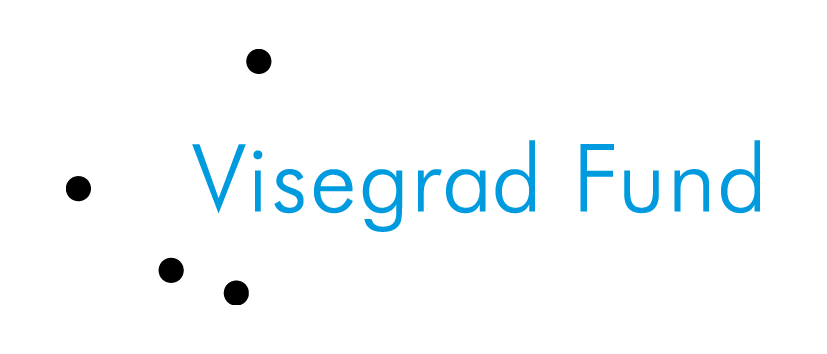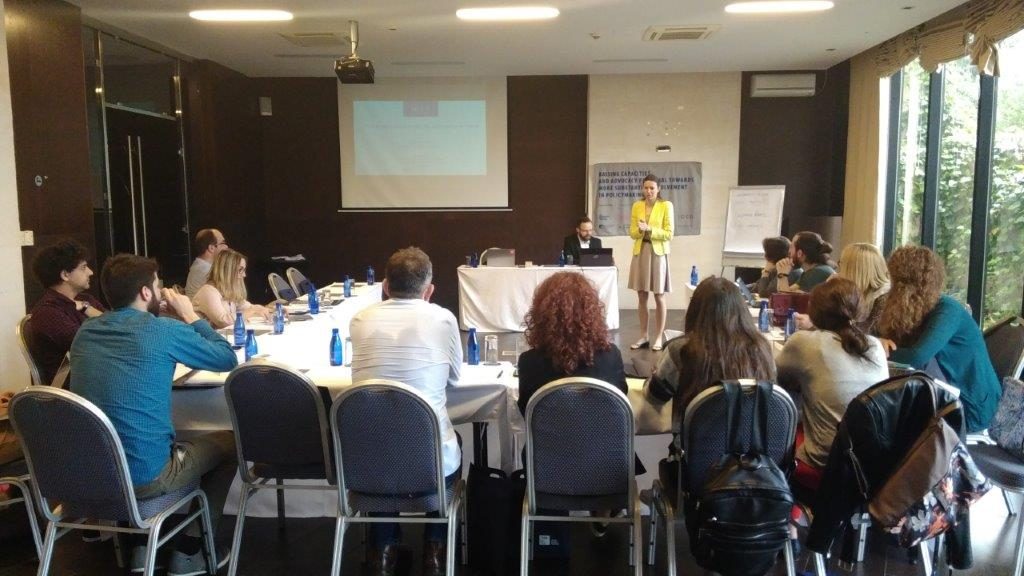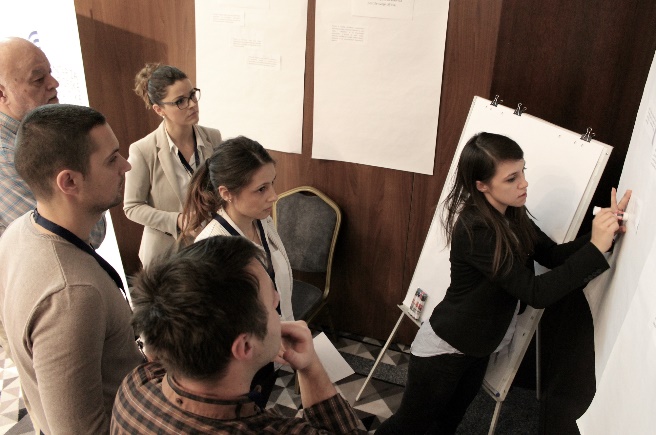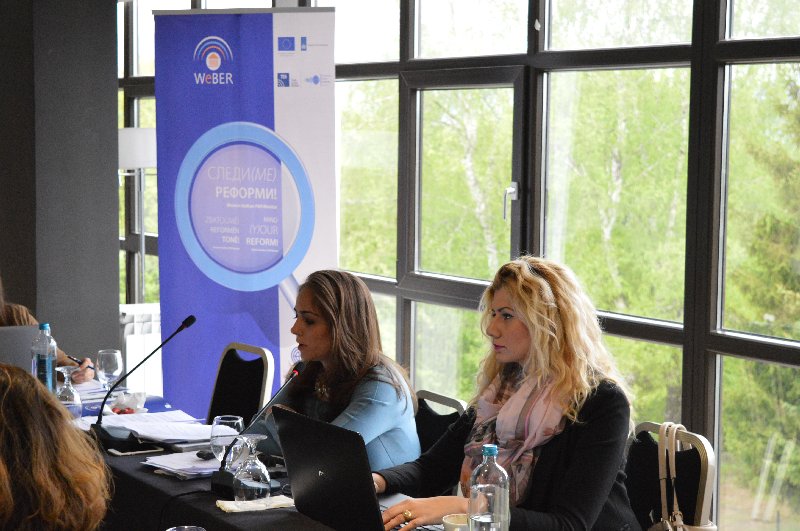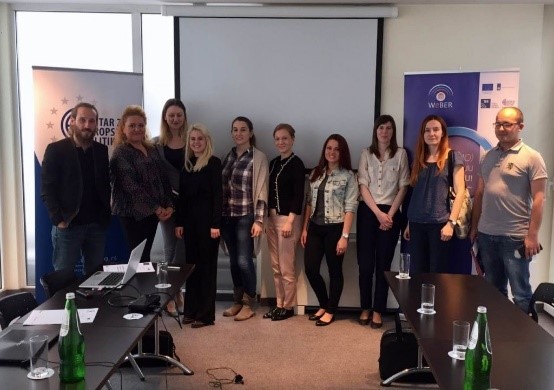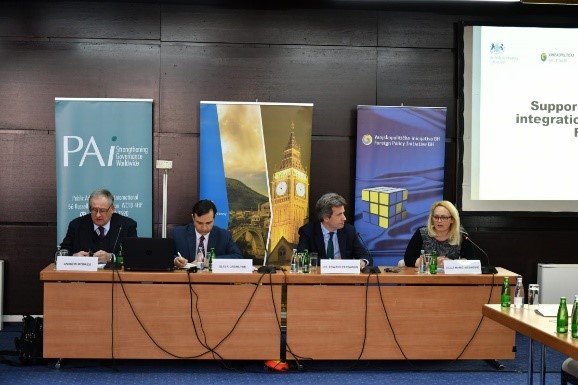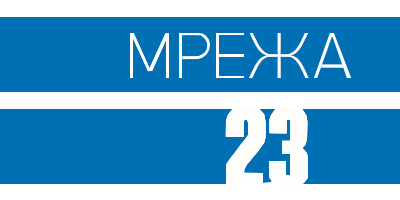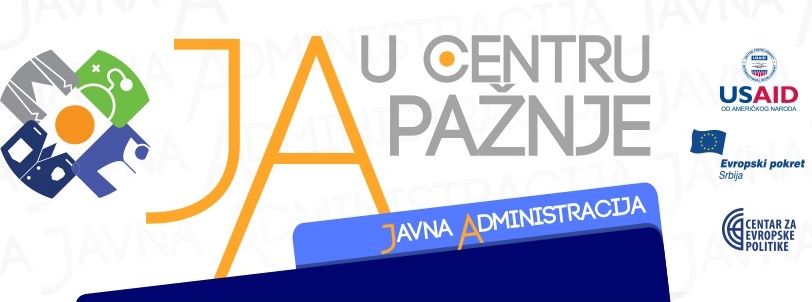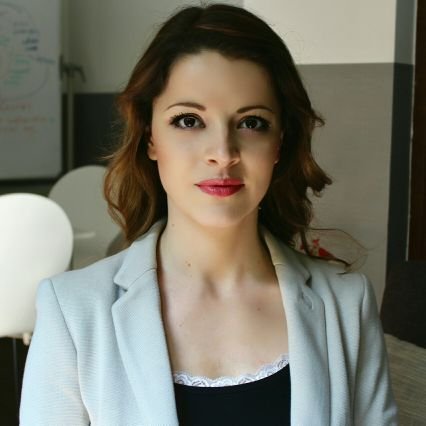First Issue of TEN Newsletter
Bellow you can find first issue of TEN Newsletter:
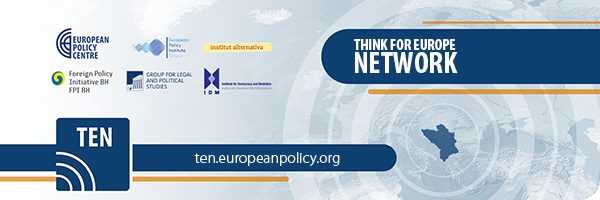
Word of welcome:
Welcome to the first issue of the Think for Europe Network newsletter! In our TEN News section, we present latest info on activities of the Network, while the most recent achievements and actions of the TEN members are presented within the On the Go section. In the Spotlight section features an interview with the CEP Programme Director Milena Lazarevic. The WeBER project has its premiere in this issue in the WeBER News section, where you can find out how CSOs from 6 Western Balkan countries have gathered around a common cause – to improve public administration in their respective countries. You will also have an opportunity to watch engaging educational videos featuring specific aspects of public administration reform. We hope you will enjoy this first issue and we will continue to work during the summer on preparing more exciting news and updates.
Introducing Think for Europe Network
“Think for Europe” Network of Think Tanks and EU Policy Research Centers in South East Europe (TEN) was established with the aim to strengthen regional cooperation in EU related policy research, and jointly face common challenges on their road to EU membership. Regional cooperation and joint research and advocacy activities can also ensure regional peer pressure to improve standards of policy research and analysis.
The members of TEN are think tanks with solid policy research portfolios and policy communication and advocacy capacities: European Policy Centre (CEP), based in Belgrade, Serbia, Institut Alternativa (IA), based in Podgorica, Montenegro,, European Policy Institute (EPI), based in Skopje, Macedonia, Institute for Democracy and Mediation (IDM),based in Tirana, Albania, Group for Legal and Political Studies (GLPS), based in Pristina, Kosovo and Foreign Policy Initiative BH (FPI), based in Sarajevo, Bosnia and Herzegovina.
For more information, visit: ten.europeanpolicy.org
TEN News
BENCHER:
|
Raising capacities and advocacy potential of CSOs of Visegrad Group and WB
Policymaking in the Western Balkans is characterised by weak and unsystematic involvement of the CSOs. On the other side, Visegrad Group (V4) countries have more advanced policymaking systems which ensure CSOs involvement, while CSOs themselves have greater capacities and experience in that respect. |
Experiences of Polish and Hungarian CSOs in the Policymaking Process Shared in Budva, MNE
A two-day regional training CSO Participation in the Policymaking: Experiences from Poland and Hungary” was held in Budva, Montenegro, on 12-13 May 2017. The training, which was organised by CEP, gathered member organisations of the TEN network and partners from Poland and Hungary, as well as a representative of ReSPA(Regional School for Public Administration). Participants had the opportunity to gain knowledge and insight into the features of Poland and Hungary’s policymaking systems, practical considerations, experiences of CSO involvement in the policymaking, and other good practices regarding the participation of civil society in these countries. |
 |
WeBER News |
INTRODUCING WeBER

Six think tanks from Albania, Macedonia, Montenegro, Kosovo, BiH and Serbia gathered within the Think for Europe Network and form the Western Balkans Enabling Project for Civil Society Monitoring of Public Administration Reform (WeBER). The WeBER Project started at the beginning of 2016. and it is supported by the European Union with 1.3 million Euros. The WeBER Project is dedicated to the strengthening of competences and participation of civil society and the media in the public administration reform process and public policy dialogue, including the enhancement of media reporting on PAR in respective countries.
Series of seminars on SIGMA Principles of Public AdministrationCSOs from the WB had the opportunity to learn from SIGMA experts about the framework of Principles of Public Administration, participate in workshops and watch the premiere of multimedia presentations about the key reform areas these Principles cover. The seminars were organized in Serbia, Kosovo, Bosnia and Herzegovina and Montenegro, as part of the WeBER Project and more than 130 CSOs took part. The aim was to introduce SIGMA Principles of Public Administration to a wider group of CSOs coming from local communities who are active in PAR related areas. SIGMA (Support for Improvement in Governance and Management) is a joint initiative of the OECD and the European Union, aimed at supporting public administration reform in the EU enlargement countries.
|
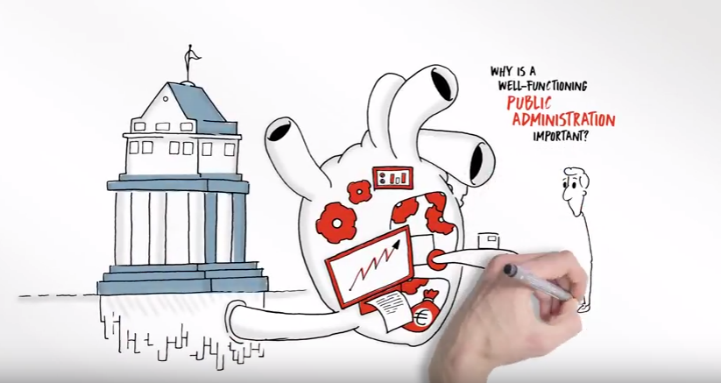 Watch our animation series focused on the areas of PAR developed by SIGMA/OECD. Watch our animation series focused on the areas of PAR developed by SIGMA/OECD.
|
SERIES OF SEMINARS FOR CSOs Effective monitoring of public policiesWithin the framework of the WeBER project, and in cooperation with the Visegrad Fund, a series of seminars Effective monitoring of public policies was organized in Serbia, Kosovo, Montenegro, Macedonia, BiH and Albania. The goal of the seminars was to support capacity-building of local CSOs, through increasing their knowledge and understanding of the Public Administration Reform (PAR).
|
Small Grant Facility for civil society monitoring of PAR at local levelThe Small Grant Facility is a part of the WeBER project funded by the EU represented by the European Commission and co-financed by the Embassy of the Kingdom of the Netherlands in Serbia. The aim of the Small Grant Facility is to provide support to local CSOs, media, and grassroots initiatives that are active in monitoring and evaluation of the public administration reform (PAR). Find the list of grantees here.
Ceremony of Contract Signing with WeBER Project CSOs Grantees from Serbia |
On the go – news from TEN members
Foreign Policy Initiative – FPI BH, Bosnia and Herzegovina
Final conference of the project Support to the EU Integration Process of FBiH
The final event of the project “Support to the EU integration process of FBiH” was held on 23rd March in Sarajevo. During the last eleven months, Foreign Policy Initiative BH implemented the project in cooperation with Public Administration International from London with financial support of the UK Government. |
Institute for Democracy and Meditation – IDM, Albania
Financial Oversight and Integrity in Albania’s Security Sector
The overall objective of this report – a collection of three backgrounders and three case studies – is to contribute to strengthening the financial transparency and accountability and to building integrity and reducing corruption in Albania’s security sector through concerted efforts of the civil society and state institutions. Click to download Click to download the English and Albanian version of the report. |
Group for Legal and Political Studies – GLPS, Kosovo
GLPS developing partnerships through connecting bridges initiative
During the first half of 2017, Group for Legal and Political Studies (GLPS) has been actively engaged in further expanding its networks and capacity through Building Bridges initiative. As a result, GLPS partnered with European Policy Centre (EPC) to run joint research and advocacy activities. In addition, during May 2017, GLPS and EPC have jointly organised a Policy Dialogue on the topic: Kosovo and the European Union – What next?, held in Brussels. GLPS is currently implementing a project aiming to establish a Judiciary/Courts Performance Index (RoLPIK). RoLPIK is an open data platform which demonstrates both the citizens’ perception and the trend of performance, efficiency and the independence of judiciary and prosecutorial system in Kosovo. |
European Policy Institute – EPI Skopje, Macedonia
Projects Combatting Barriers for Exit and Network 23
One of the most successful EPI projects, the Combatting Barriers for Exit: Roma at the Macedonian Borders has just ended, leaving a positive impact. Working on halting the discrimination towards the Roma wanting to cross the border, the project was a great success because it raised the public awareness for the problem and influenced national law enforcement agencies to abandon the practice. In the last period, the European Policy Institute had been intensively working on the project Network 23+, aimed at monitoring and advocacy of reforms in the areas of Chapter 23 of EU acquis. The project is in support of the Network 23, which is a network of CSO’s whoich are actively working in the areas of judiciary, fundamental rights, and fight against corruption. |
European Policy Centre – CEP, Serbia
Partnership for PAR and Public Services in Serbia – PARtnerships
The project Partnership for Public Administration Reform and Public Services in Serbia – PARtnerships aims to contribute to the creation and implementation of policies in public administration reform ensuring more participatory and citizen-centric design and improving accountability and responsiveness of the Serbian government for the quality of services it delivers. The two-year project is implemented by two main partners European Policy Centre (CEP) and European Movement in Serbia (EMinS) in cooperation with 12 other partners in Serbia. |
Institute Alternative, Montenegro
My money – my budget visualisation |
In the Spotlight
|
Stay tuned for the next issue!
|


